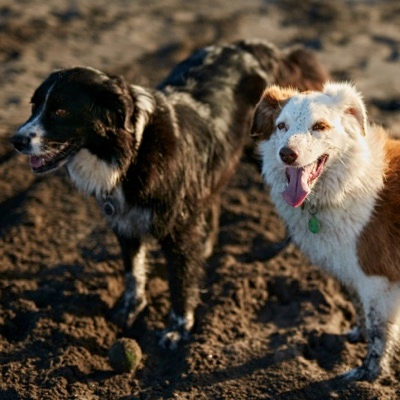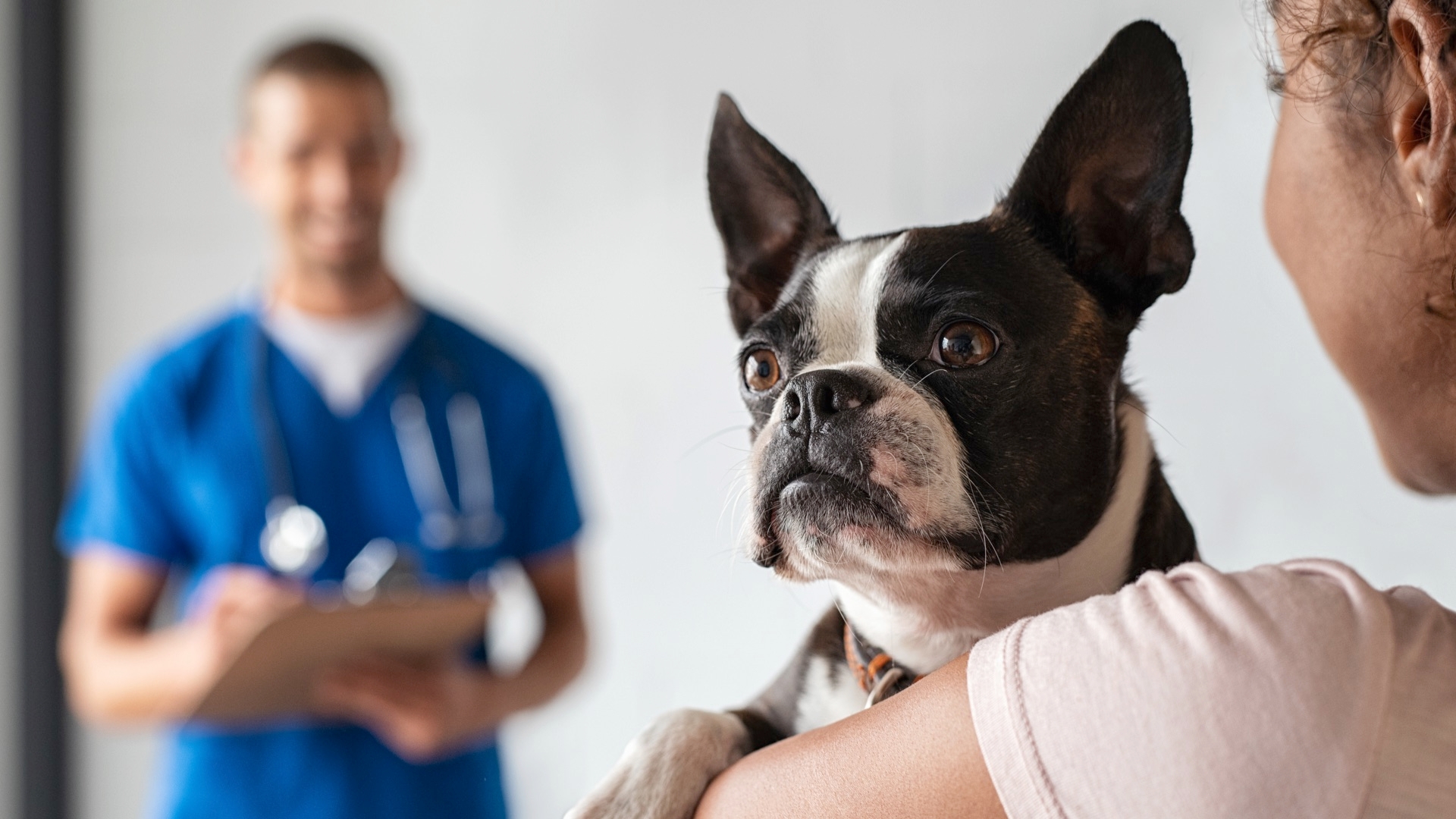Dogs And Zoonotic Diseases And Reverse Zoonotic Diseases:
Summary:
Zoonotic diseases are diseases that can be spread from animals to people. Good personal hygiene and a few easy preventive steps between caring for different dogs before eating and, at the end of the day, can help protect you from unexpected gifts from pets.


Zoonotic diseases
Zoonotic diseases are diseases that can be spread from animals to people, amd reverse zoonotic diseases are diseases that can be spread from people to animals. Learn how you can minimize the risks of the spread of disease from humans to pets, and pets to humans.
Examples include:
- Brucellosis (caused by the Brucella bacteria).
- E. coli infection (caused by the E. coli bacteria).
- Leptospirosis (caused by Leptospira bacteria).
- Ringworm (caused by certain fungi).
- Salmonellosis (caused by the Salmonella bacteria).
- Toxocariasis (caused by the roundworm Toxocara).
Avoiding zoonotic diseases
Good personal hygiene and a few easy preventive steps between caring for different dogs before eating and, at the end of the day, can help protect you from unexpected gifts from pets. A few things that you can do to protect yourself include:
- Wash your hands frequently, such as:
- before eating, drinking, or smoking
- after handling the dog's bedding, dishes, or toys
- after disposing of the dog's excrement
- between caring for different dogs
- Wash your hands thoroughly with soap and water or use an ethanol-based hand sanitizer. Use soap and water if your hands are visibly soiled (e.g., dirt, feces, etc.); otherwise, hand sanitizer products are appropriate.
- Don't let dogs give you kisses on your face, especially not on or around the mouth, nose, or eyes. If you get tongue lashing despite your efforts, wash your face.
- Don't eat, drink, or smoke while you're with your dogs. When you get home, change and wash your clothes, change your shoes, and wash your hands.
If you are immunocompromised (have a weakened immune system such as from medications, illness, pregnancy, or other conditions), a discussion with your physician and veterinarian is warranted to identify the unique risks and benefits of spending time with your dogs.
If you have questions or concerns about a sick pet, you must seek answers to determine the best next steps.
Reverse zoonotic diseases
Reverse zoonotic diseases are diseases that can be spread from people to animals. Examples include infection with the methicillin-resistant Staphylococcus aureus (MRSA) bacteria and some strains of influenza (such as the 2009 H1N1 influenza strain). In the case of MRSA, the infection can go back and forth between the person and the pet, perpetuating the infection. If you have an active infection of either of these illnesses or tuberculosis, continuing to walk dogs could risk the health of the animals and their owners; thus, discontinuing the service is advisable.
Diseases passed from dog to dog
Don't walk your dog if a dog shows any signs of illness (e.g., diarrhea, vomiting, depression, staggering or unsteadiness, breathing problems). If a dog doesn't seem to want to walk, or a dog that is typically excited about walks is reluctant to walk, it may be a problem, and you should contact that dog's owner.
Avoid free-roaming or unrestrained, unfamiliar dogs because they may present the risk of disease exposure or a dog fight. What seems harmless contact between two dogs could still spread infectious disease and threaten your dogs. If you encounter unfamiliar dogs, even leashed and restrained, the best course of action is to politely decline contact between the dogs.
Distemper, parvovirus, kennel cough, rabies, adenovirus, coronavirus, and canine influenza are just a few of the diseases that can be spread from dog to dog. All dogs should be properly immunized against distemper, parvovirus, adenovirus, and rabies because these viruses are easily spread and potentially deadly. A dog owner might also choose to have their dog vaccinated for Bordetella, leptospirosis, canine influenza, and some other diseases if the dog is determined to be at risk of exposure to the diseases; the risks and benefits of vaccination for these diseases should be discussed with the dog's veterinarian.
Disease can be spread in several ways, including:
- Direct contact between dogs – this can include the simple act of touching noses or sniffing each other
- Contact with the feces (stool) or urine of infected dogs
- Sticks, toys, equipment, and objects with which other dogs have interacted
- A person's hands, clothes or shoes after they've had contact with an infected dog
Dogs fed raw meat may carry Salmonella or other pathogens in their feces and could potentially be an infection source for other dogs that have not been exposed to these organisms. There is also the potential for people to become infected from handling these pets' food or stool.
To prevent the spread of disease from dog to dog:
- Always collect and safely dispose of the feces of the dogs you are walking using an impermeable bag or scooper to prevent any direct contact.
- Wash your hands frequently and consistently after handling one dog before caring for the next. Wash your hands thoroughly with soap and water if they are visibly soiled (e.g., dirt, feces, etc.); otherwise, using ethanol-based hand sanitizers is appropriate.
- Avoid mixing or interacting with dogs of unknown or questionable vaccination history. This includes free-roaming or unfamiliar dogs you may encounter. If you feed their dogs a raw meat diet, consider keeping those dogs separate from dogs fed non-raw diets.
- If a dog shows signs of illness, do not walk it.
- Don't share equipment between dogs unless the equipment can be sanitized between uses.


